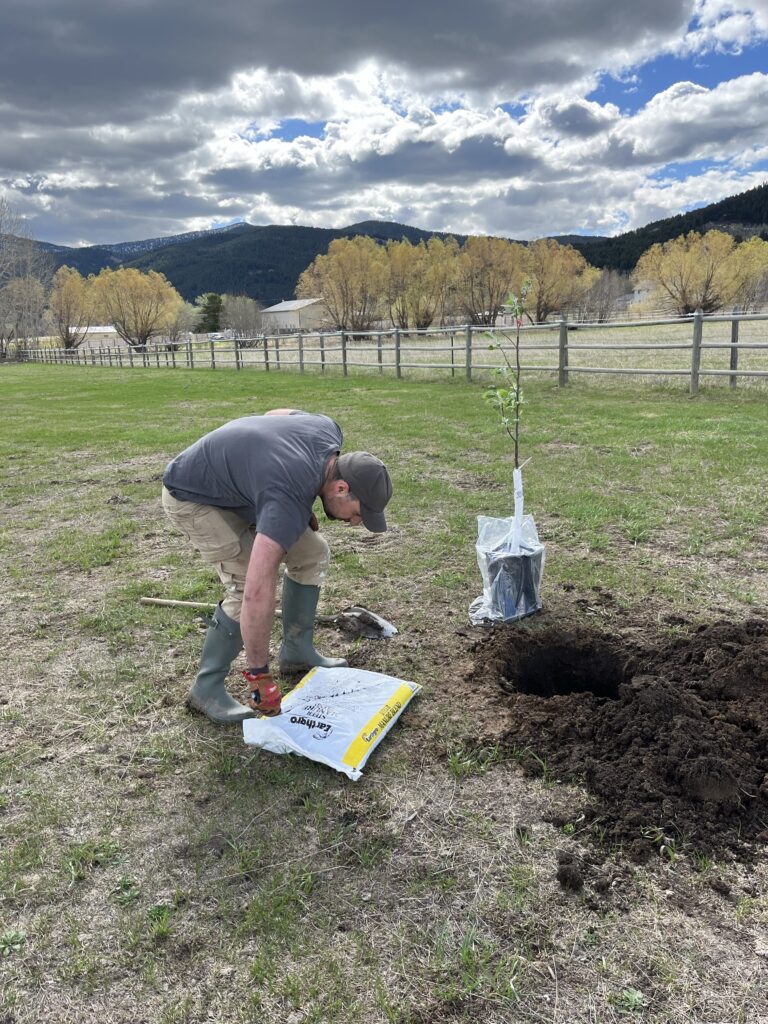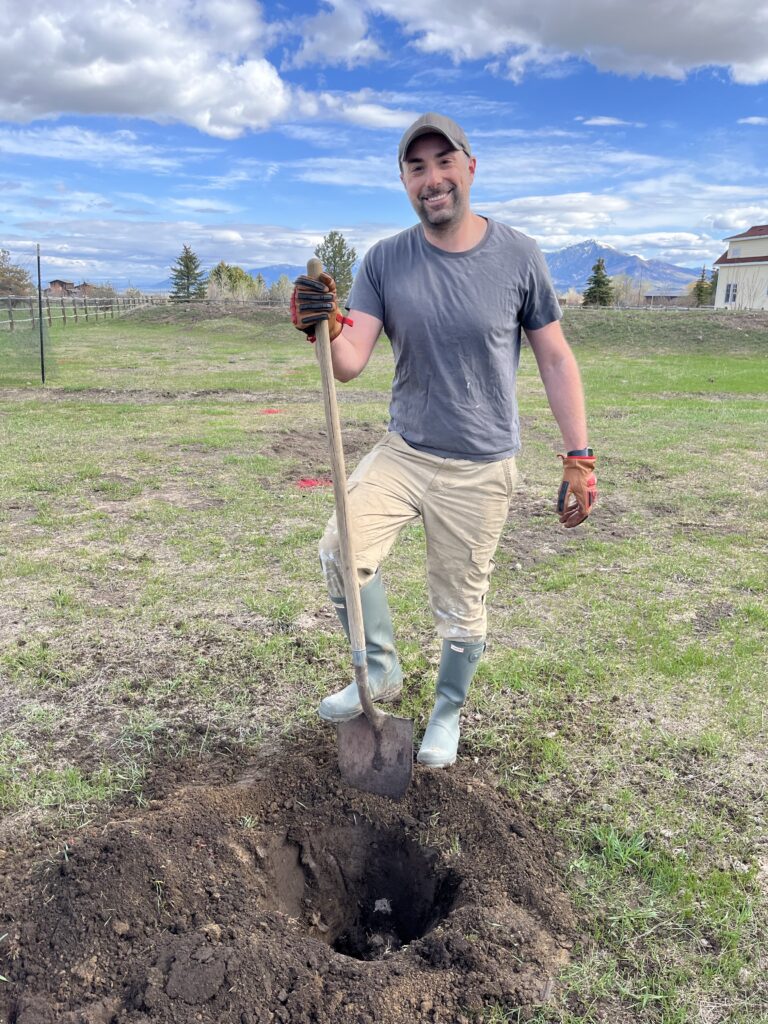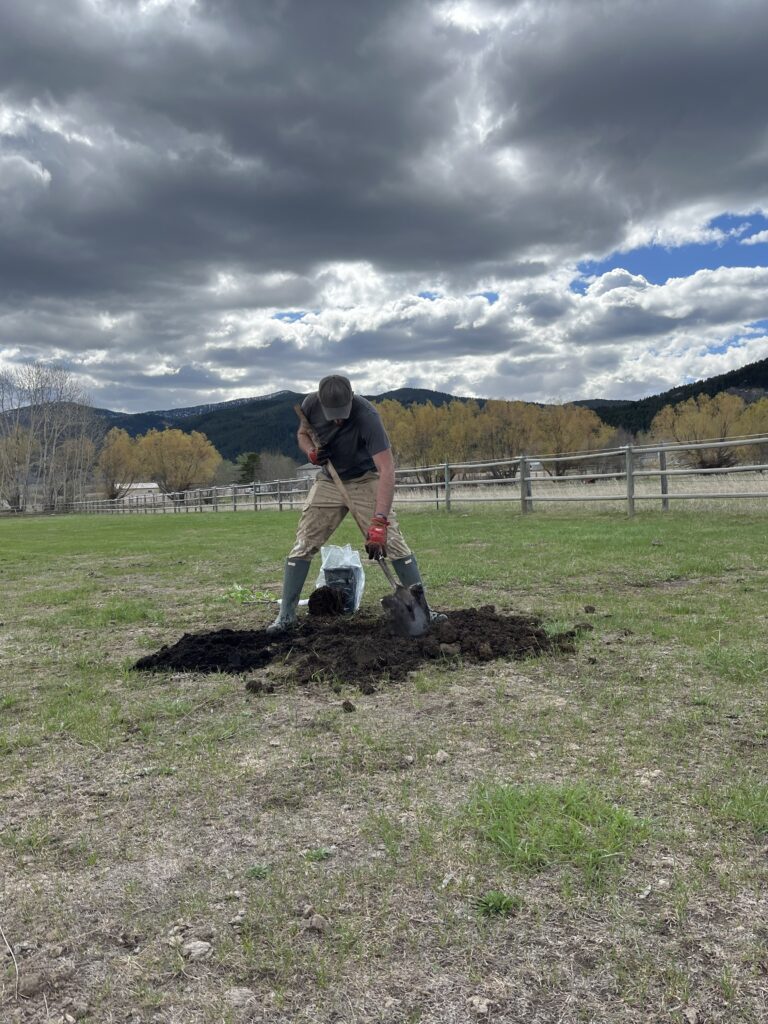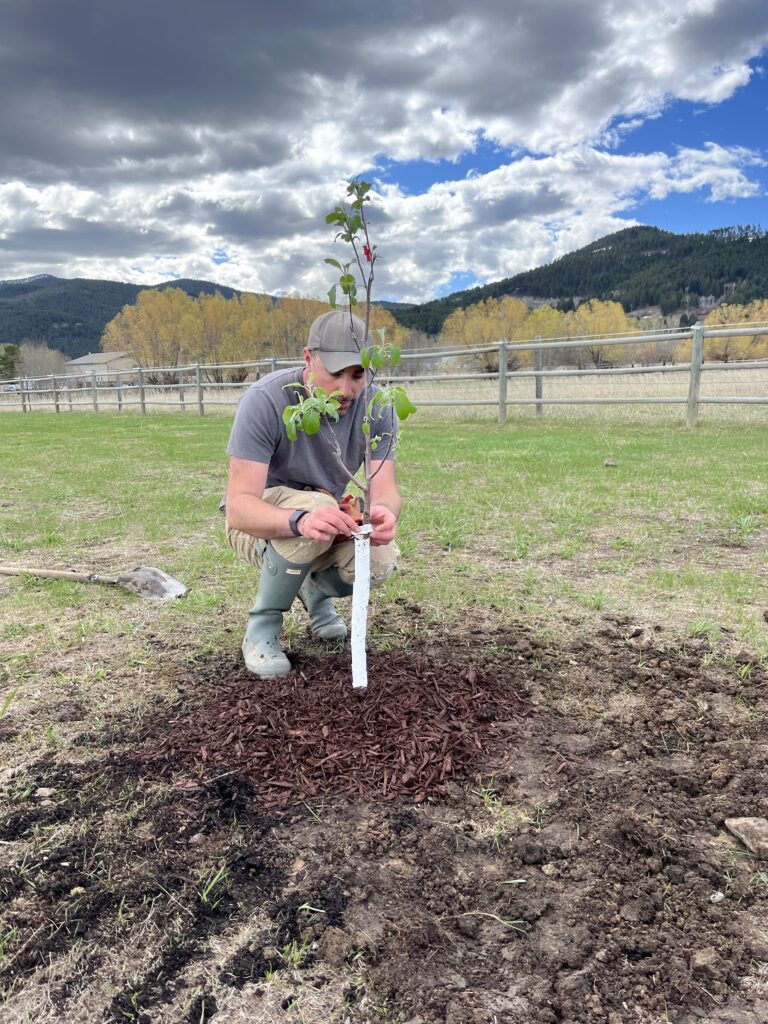When I was a small child I attended meditation retreats with my parents. Hippies amirite? The particular branch practiced was some variant of Kashmir Shivaism, but I’ve got to imagine it was heavily edited for the consumption of white Boomers.
Who else would take a vacation to sit in silence, chant the Bhagavata Gita at 5am and practice sevā, all while having six year old children? Silicon Valley’s syncretic culture produces some weird hybrids. Seventies counter culture gave us some of the best religious revivals in American history.
If you didn’t catch the word sevā earlier it’s actually going to be the anchor of the post. Sevā as it was explained to me as a child at the ashram is selfless service. It’s work you do without expectation of reward. It is a dedication to others.
Practically it meant that anytime we lived at the ashram everyone contributed some set of work, mostly unskilled labor but not always, in the form of sevā. I did everything from food preparation and dish washing (working a commercial kitchen dishwasher is actually fun) to caring for some donated horses. I had fun summers as a child.
But the point was that everyone participated in some way to the functions of the ashram no matter who you were. And we did have some weird celebrities but that’s not the point. Sevā applied to us all. Though I’m sure glad I never looked too hard at the politics of finances of these ashtrays. Childhood innocence. As a child I just thought it was fun to contribute to the adult world.
But what I remember now is a sense of connection. That no aspect of these retreats was ever abstracted to far from me. The service was meant to bond you to an experience of a world bigger than yourself. And by recognizing that, you’d somehow connect more with others.
I try to remember that now when I am in lonely cities where every aspect of living with others is transaction. A food delivery service whisks you a meal in an hour in a country where you are an outsider without ties, bonds or service beyond the basic civilizational contract of capital markets.
The global cosmopolitan gloss of mobile applications have abstracted service away to the point where we can have an entire day of discourse about a man being sad a house cleaner washed a cast iron skillet but we can’t admit that we all pay for service as it cracks the facade.
We’ve got no sevā because that’s an expectation too great to hear. We can barely manage to pay a fee for service anymore. Imagine if we had to operate without intangibles. We can barely make Uber Eats function with taxes, tips, and services fees. Bless the markets for this freedom and curse it in the same breath.
Fuck the pain away? No, we abstract the pain away. No need to see who contributes anything. You can complain to a faceless chatbot cum customer service artificial intelligence about how some man on a bicycle didn’t deliver your order on time. The service lives below the machine now and has patience for frailty.
And yes I’m writing this because my Korean fried chicken and kimchi order got lost in a side street in Frankfurt for an hour or two.
Don’t worry the corporate entities that intermediated between me, the restaurant and the courier decided in my favor. The customer is always right as long as they have paid the fees to pretend that are lords.
All pain in the above transaction was abstracted away into some governance structure that decided it was worth 25 euro or so. One presumes some public market agreed on the price. I guess I did too. We all did.






